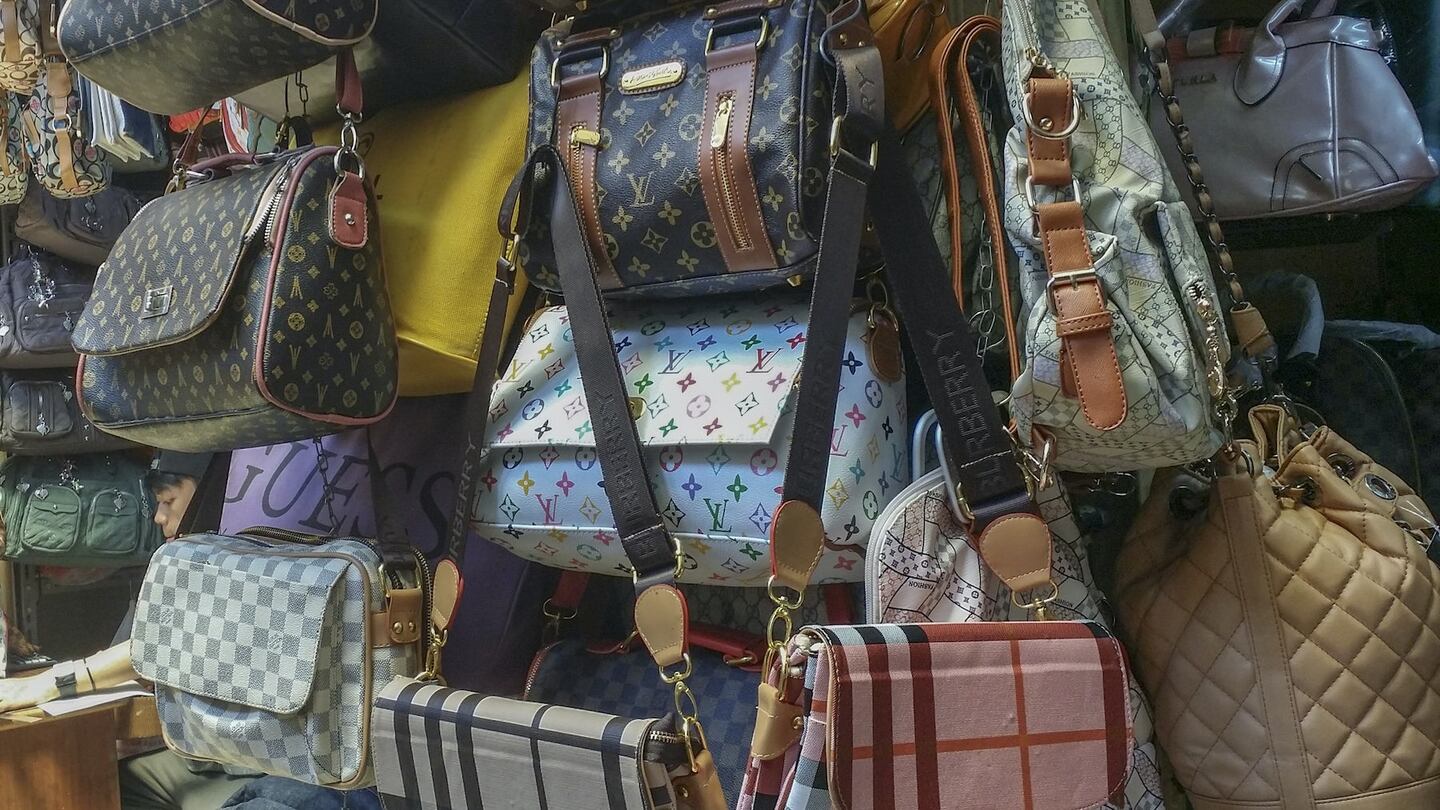
The Business of Fashion
Agenda-setting intelligence, analysis and advice for the global fashion community.

Agenda-setting intelligence, analysis and advice for the global fashion community.

SAN JOSE, United States — EBay Inc. will begin authenticating luxury handbags, footwear and other commonly counterfeited fashion items this year, looking to gain an edge as shoppers become more wary of the abundance of fake goods posted to online marketplaces.
The company will use a network of brand experts to verify that a Chanel handbag listed on the marketplace, for instance, is real. Sellers can pay for the authentication service to win the confidence of shoppers, or shoppers can pay for the service with EBay's pledge that the sale will be nullified if the item is fake. Fees have yet to be determined, the San Jose, California-based company said Thursday in a statement announcing the service.
Online shoppers are increasingly worried about the possibility of counterfeits and do not mind delays of a few days for the reassurance that they are not getting cheated, said Laura Chambers, EBay’s head of consumer selling.
EBay is following online luxury consignment startup The RealReal Inc. in San Francisco, which authenticates items and said it sold almost $400 million in second-hand designer apparel, handbags, jewellery and other merchandise in 2016, about double the previous year’s sales. Authentication works best with items priced high enough to pay an expert, hence the focus on luxury.
ADVERTISEMENT
Marketplaces such as those run by Alibaba Group Holding Ltd., Amazon.com Inc. and EBay are ideal places for counterfeiters to do business because purchases are made based on digital images and product descriptions, making it tougher to spot a fake than in a store.
Counterfeits make up almost $500 billion, or 2.5 percent, of global imports in 2013, a figure expected to grow as more spending moves online, according to an April report by the Organization for Economic Cooperation and Development. China is the biggest source of phony goods, and footwear and apparel are among the most counterfeited merchandise.
E-commerce companies are trying to make their anti-counterfeiting efforts more visible. Alibaba this month sued two vendors it accused of selling counterfeit Swarovski watches on its Taobao website, the first action of its kind in China just weeks after the company was labeled a haven for knockoffs by US regulators. Amazon in November took similar legal action for the first time against vendors it said were selling fake products on its marketplace.
By Spencer Soper; editors: Jillian Ward, Andrew Pollack and Alistair Barr.
From analysis of the global fashion and beauty industries to career and personal advice, BoF’s founder and CEO, Imran Amed, will be answering your questions on Sunday, February 18, 2024 during London Fashion Week.
The State of Fashion 2024 breaks down the 10 themes that will define the industry in the year ahead.
Imran Amed reviews the most important fashion stories of the year and shares his predictions on what this means for the industry in 2024.
After three days of inspiring talks, guests closed out BoF’s gathering for big thinkers with a black tie gala followed by an intimate performance from Rita Ora — guest starring Billy Porter.